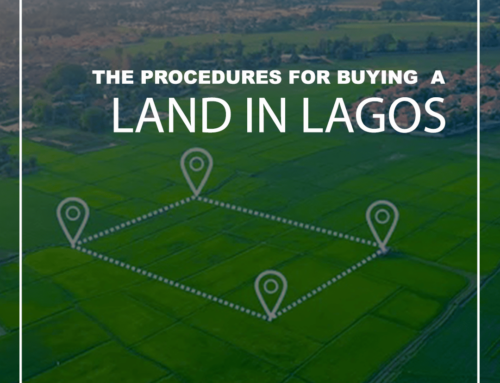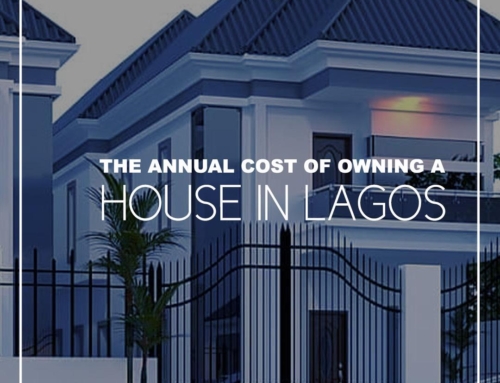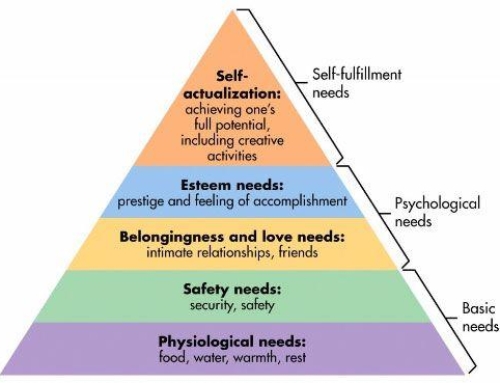Scott Galloway, professor of brand strategy at NYU’s Stern School of Business, uses his straight-talking, somewhat contrarian approach to life’s larger questions. While we can struggle with the complexities of parsing what success really means or what a good relationship looks like, Galloway breaks down complex ideas into humorously simple diagrams and anecdotes (see: the Venn diagram of finding meaningful work).
His no-nonsense advice is as refreshing as it is valuable. For example: “Boring is sexy. If you want to work at Vogue, produce movies, or open a restaurant, you need to ensure you get a great deal of psychic income, as the returns on your efforts are likely to be awful.” ‘Nuff said.
MORE THAN ENOUGH—CLAIMING SPACE FOR WHO YOU ARE BY ELAINE WELTEROTH
Welteroth was only the second black editor-in-chief of a Condé Nast publication in the course of more than a century. While she’s no longer at the helm of Teen Vogue, her experiences as a woman of color in the media industry are an inspiration and a guidebook. As Fast Company‘s Anisa Purbasari Horton has said, “For those who’ve questioned their sense of belonging or worth in an environment, this book is a reassurance that they do—and that there are probably many others who feel the same way. For those who haven’t had the experience of being ‘the only one in the room,’ this book is an eye-opening account about what it’s like to live as someone who does.”
DIGITAL MINIMALISM BY CAL NEWPORT
This book is for anyone who’s felt the pangs of FOMO scrolling through their Instagram or vowed for the hundredth time that they’d finally get off Twitter after seeing yet another annoying tweet from their ex. Newport offers an updated and thoughtful approach to the digital detox craze that set in a few years ago.
Knowing that unplugging completely is unrealistic, the advice rather runs along the lines of mindfulness. Here he guides you to understand what you actually need versus what you compulsively do online. “The urge to check Twitter… becomes a nervous twitch that shatters uninterrupted time into shards too small to support the presence necessary for an intentional life.” From there, anyone can go on to make long-term satisfaction the priority, rather than falling prey to the seductive-yet-empty pull of likes.
MAYBE YOU SHOULD TALK TO SOMEONE BY LORI GOTTLIEB
You know what they say about judging books by their covers, or titles, for that matter. So it’s helpful to suspend judgement on this book written by a therapist about seeing another therapist as she processes a failed relationship. In fact, Gottlieb’s memoir shines a light on her professional development, particularly honing empathy, which is a skill no one should be without. But beyond that, by revealing the details of several of her client’s foibles, fumbles, and breakthroughs, Gottlieb offers readers a perspective on a life well lived that doesn’t often make it into traditional career books.
TIME AND THE ART OF LIVING BY ROBERT GRUDIN
This book was originally published when the oldest millennials were just being born. However, although Grudin wrote: “Our days are broken by distraction, scrambled up into muddles of chores, errands, impulses, evasions, interruptions and delays, besotted with routine,” it feels just as timely as if it was penned yesterday.
Grudin’s aim is ambitious–understanding a person’s relationship to time past, present, and future–but his musings are delicately approachable and can be read in any order. The book is rather like a journal, meant to be savored, but the end result provides plenty of food for thought on living with more purpose. “Because we believe that one moment is more or less like the next, we lose touch with the essential urgency of the present, the fact that each passing moment is the one moment for the practice of freedom.”
SOURCE; https://www.fastcompany.com/





